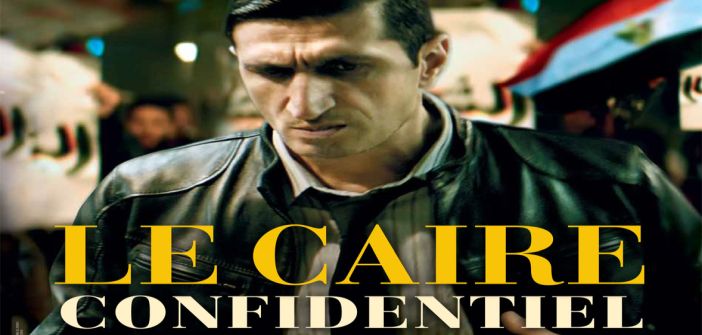Cairo, January 2011, a few days before the start of the revolution. A young singer is murdered in one of the city’s grand hotels.
Noureddine, a gruff inspector in charge of the investigation, realizes as his inquiries progress that the culprits might be connected to President Mubarak’s inner circle.
Noredin’s superiors want to close the case and conclude it was a suicide. Persistent, the inspector tries to obtain the testimony of Salwa, one of the cleaning women who witnessed the murder, because he wants, at his own risk, to bring down the killer…
Filmmaker Tarik Saleh offers a gripping crime thriller from start to finish, with all the elements of the genre — including the femme fatale. But also a social and political portrait of a megacity at a pivotal moment in its history, with its powerful people who believe they are above the law and its wretched ones used for dirty work… then eliminated when they become too inconvenient.
The director, a Swede of Egyptian descent, has transcribed the incident to January 2011, when Cairo was in the throes of revolutionary fervor — Egypt was soon to experience its Arab Spring. The story gains an extra layer of dramatic tension as its hero, Inspector Noureddine, finds his investigation disrupted and then threatened by the demonstrations in Tahrir Square — and their increasingly violent repression. These gatherings for democracy also aimed to denounce the abuses and schemes of the authorities.
In a staging driven by a sense of urgency, Tarik Saleh thus describes a society and its police force sapped by corruption.
But Noureddine wants to take on the country’s rulers, even if it means risking his life. The character is magnificent and his actor, Fares Fares, a tall figure with a chiseled face.
The challenge of The Nile Hilton Incident, the third film by Swede Tarik Saleh? To mimic and shift the codes of film noir to better transition it towards something else, for instance, a political denunciation film.


